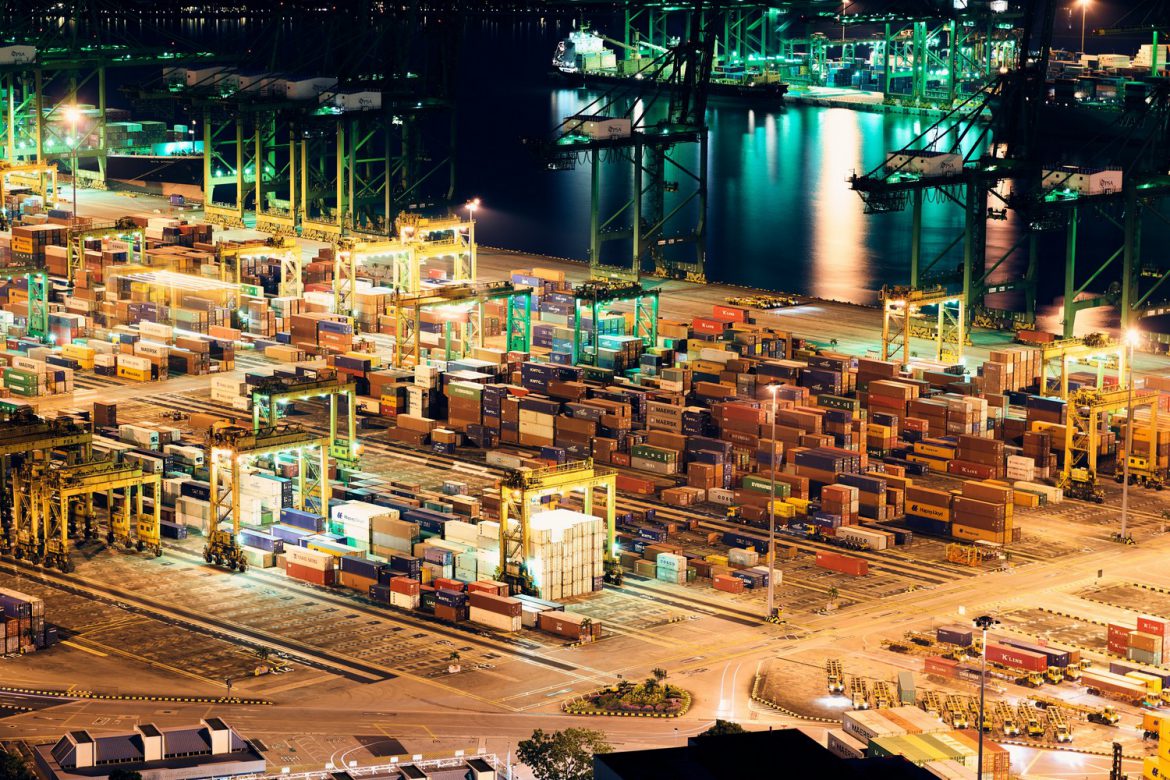 25.03.2014 15:20
25.03.2014 15:20
Europe rebutted the fears of the Ukrainian entrepreneurs
A roundtable on “The trade with the EU in terms of deepening and all-embracing free-trade zone (FTZ+)” was held today in Kyiv. The British ambassador to Ukraine, Simon Smith, the government plenipotentiary of Ukraine on Eurointegration, Valery Pyatnitskiy, and the director of the British consulting company CTA, Mark Haylier, participated in it.
They paid special attention to breaking the most popular myths about the possible negative consequences of signing an agreement on the free-trade zone (FZT) with the EU for Ukrainian business. Here are their rebuttals to these concerns.
Myth 1. The agreement on the free-trade zone with the EU may limit the possibility of [Ukraine] trading with other countries.
The signing of the agreement will have no impact on the agreements signed by Ukraine earlier with other countries. The document says nothing about harmonization of the state’s trade policy, supplies restrictions, introducing of the additional duties or imposing of tariffs.
Ukraine is merely creating one more free-trade zone that differs not too much from the existing ones.
The signing of the agreement with the EU has no impact on the creating of the free-trade zones with Canada, Vietnam, Türkiye and the states in the Middle East. The agreement is operative only on the relations between Ukraine and the EU. The creating supranational bodies which aimed to adjust the сustoms and regulatory policies cannot constrain the Ukrainian trade ties and other countries.
Myth 2. The opening of the Ukrainian market for European producers will result in collapse of its economy.
The European goods have been actively selling in Ukraine at the same time duties on import and trade barriers is of small importance or absent at all by many items. A considerable portion of the output is supplied with an import duty of 5 % (for non-farming goods) to 11 % (for farming goods). The Ukrainian companies are quite competitive with the Western ones giving them no chance to tie up the market. That’s why the staged lowering of the tariffs won’t be reflected on the interior market.
The existing program plans for the one-way opening of the market by Europe for Ukrainian goods. It gives an opportunity for Ukrainian entrepreneurs to find their niches in the European market, adjust technological processes and gain consumers. Ukraine will gradually decrease tariffs giving time for producers to adapt to the new conditions.
Myth 3. The signing of the agreement will bring drastic alterations
The requirements for the countries which want to be EU members are often confused with the requirements for countries signing the free-trade zone agreement. One must do a lot of spade-work to enter the EU including the adaptation of one’s legal system and fulfillment of some political and economical conditions. In the case of the free-trade zone it is much simpler- the economic and regulatory acts must be harmonized at first and the political desires are put aside.
It is not an instantaneous process to create the FTZ with the EU. It will take a few years to change the rules of doing business and the introduction of new standards. It is foreseen that some norms will be introduced for 15 years by the draft of the agreement. The Ukrainian producers should use this time at the full.
Myth 4. The creating of the FTZ is more profitable for Europe but not for Ukraine
More than 500 million potential consumers live in European countries. And they are able pay fair price for the goods, they are ready to buy quality as well as less expensive goods. In the total structure of Ukraine’s export, the supplies to the EU take 30% share which in fact makes Europe its largest trading partner.
Ukraine’s share in the total export of goods and services takes only 1% from the EU and the purchasing capacity of Ukrainians is much lower than what the inhabitants of Eastern and Central Europe have. Taking into account the high costs for the core European goods we hardly can expect a sudden stream of the European goods on the Ukrainian market.
Myth 5. The FTZ will bring profits only to big businesses and exporters
The rules of doing business and requirements for goods quality are the same for all. There is no division into the “small” or the “big” ones. If a smaller producer can manufacture goods of proper quality and deliver them to Europe there would be nothing barring them from exporting. On the contrary the signing of the agreement will give them access to solvent European consumers.
The signing of the agreement on the FTZ will have a positive impact on businesses working only at the interior market. First of all, because the agreement envisages the introducing of transparent, stable and clear rules of doing business in Ukraine.
Myth 6. The agreement on the FTZ demands the replacement of the rail tracks and refusal of the present metric system
This is the most absurd and long-living myth. There are no requirements for such changes in any clauses of the agreements. The railway communication has been working perfectly in Europe only with minimal problems. The changing of wheels pairs on the freight wagons and carriages are done only at the border of the EU with Ukraine and nobody wants to change that in the near future.
Almost every European country uses the metric system. Even England agrees on the switch of its traditional scale of notation with feet and inches to classical metric. Miles and feet are in use only in the US, Burma, Liberia and in a few other countries. At the same time the classical metric system is also in use. Feet and miles measurements are used only in aviation and seamanship but this has no effect on trading.
Ivan Zaytsev- LigaBiznesinform
Translated by Shara Anatoliy, edited by Alan J Beckett

